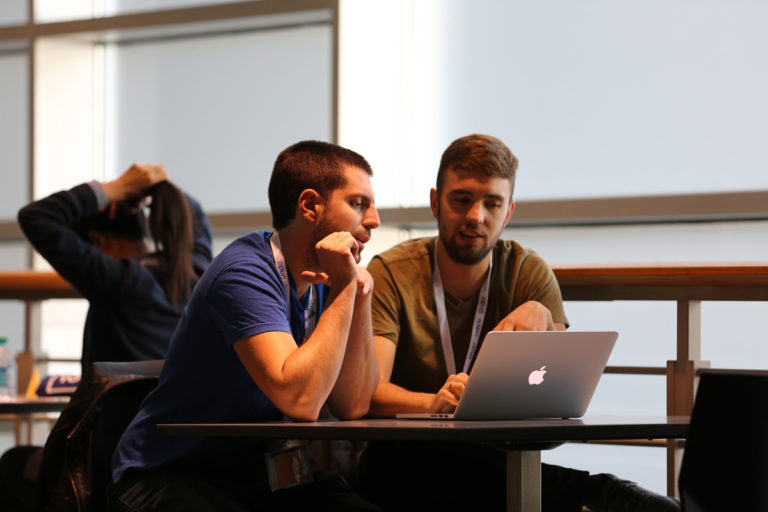CppCast Episode 165: Formal Verification with Matt Fernandez
Episode 165 of CppCast the only podcast for C++ developers by C++ developers. In this episode Rob and Jason are joined by Matt Fernandez from Intel Labs to discuss Formal Verification.
CppCast Episode 165: Formal Verification with Matt Fernandez
by Rob Irving and Jason Turner
About the interviewee:
Matthew Fernandez is a Research Scientist with Intel Labs. Matt began his programming career building Windows GUI applications and designing databases, before moving into operating system architecture and security. He has a PhD in formal verification of operating systems from the University of New South Wales in Australia, and worked with the Australian research group Data61. In the past, he has worked on compilers, device drivers and hypervisors, and now spends his days exploring new tools and techniques for functional correctness and verification of security properties. On the weekends, you can usually find Matt in a park with a good book, hunting for good coffee or helping a newbie debug their code. He hopes to avoid saying “monad” on this podcast.

 Have you registered for CppCon 2018 in September?
Have you registered for CppCon 2018 in September?  Have you registered for CppCon 2018 in September?
Have you registered for CppCon 2018 in September?  Cppcon evolves!
Cppcon evolves!